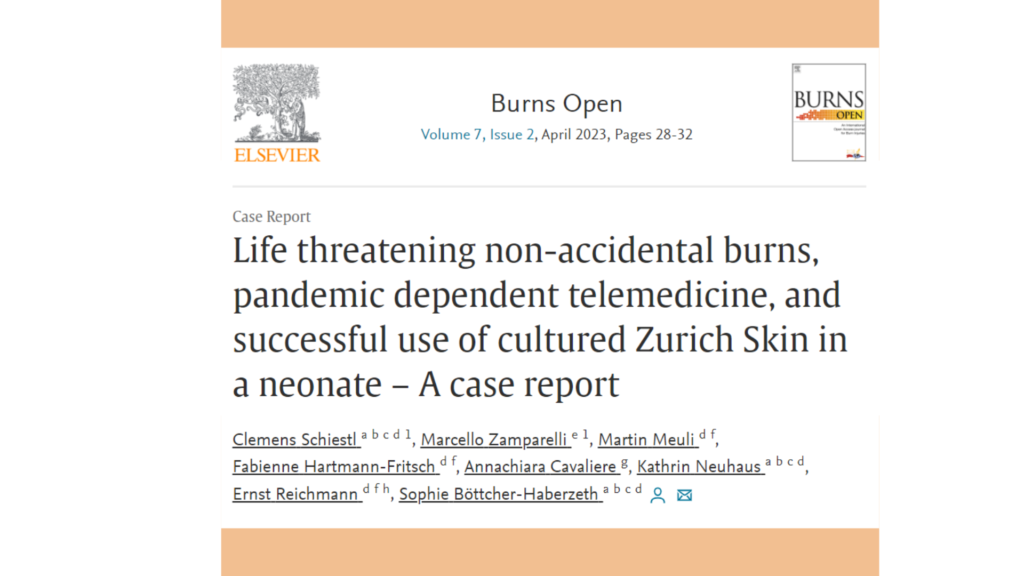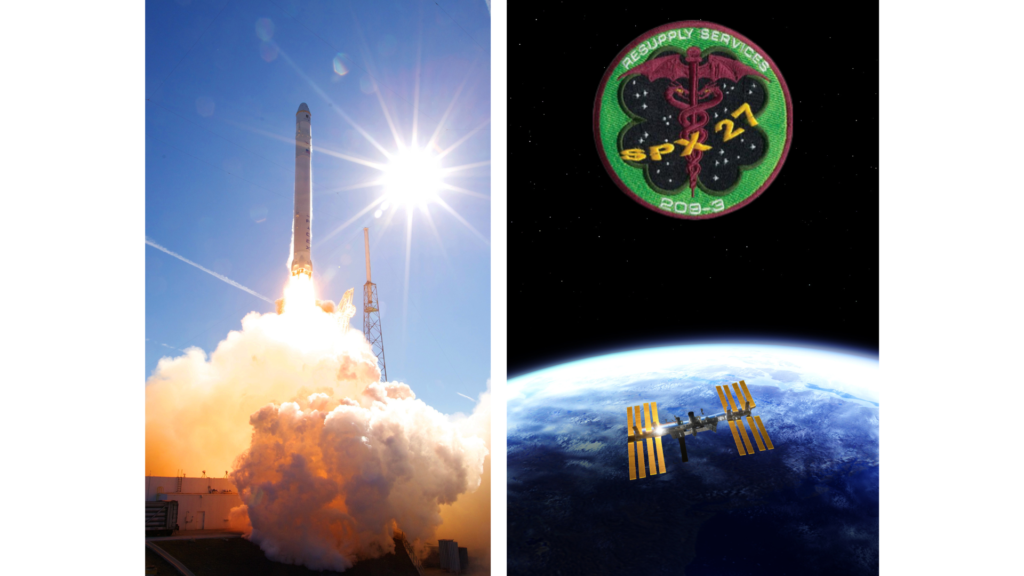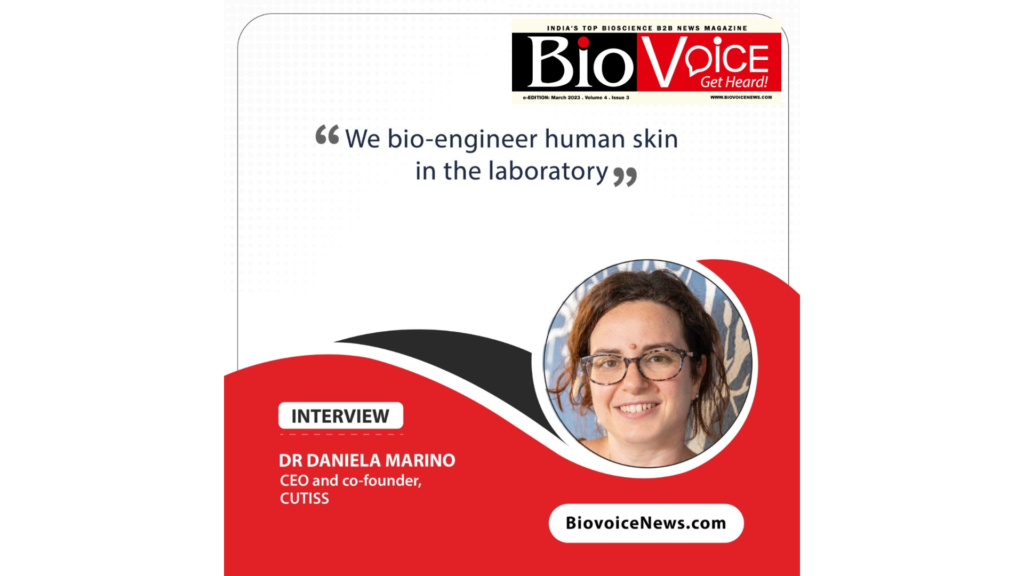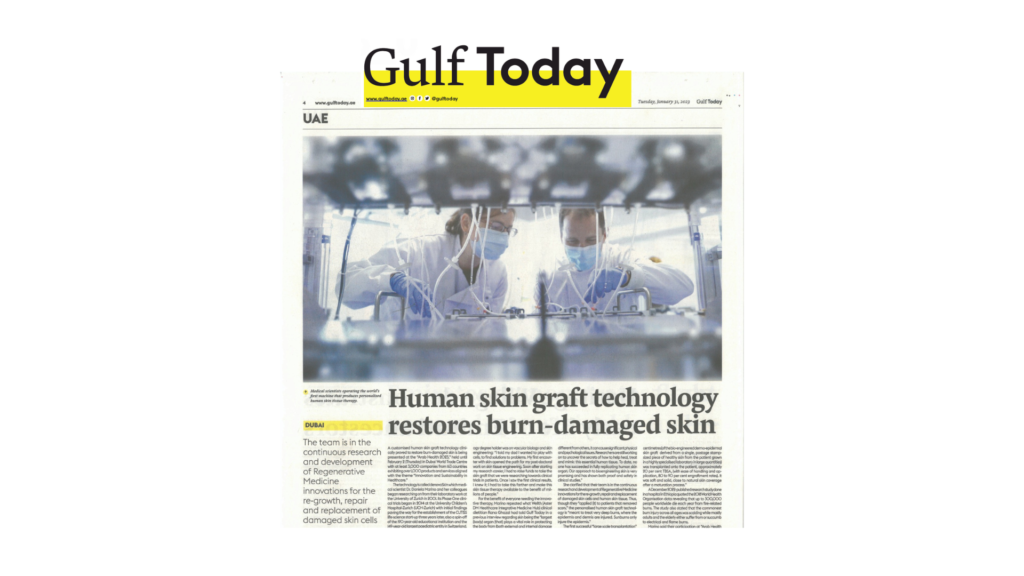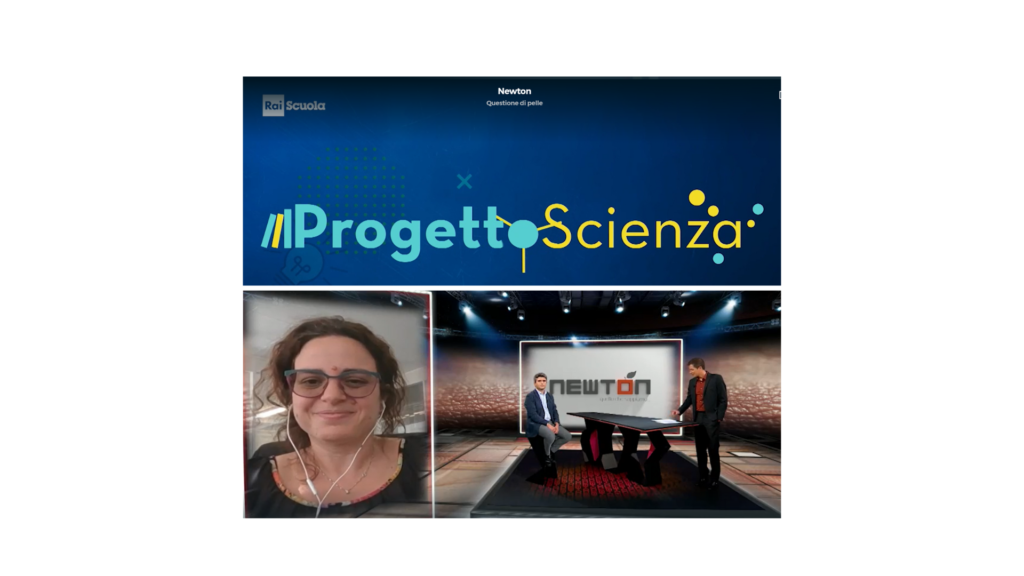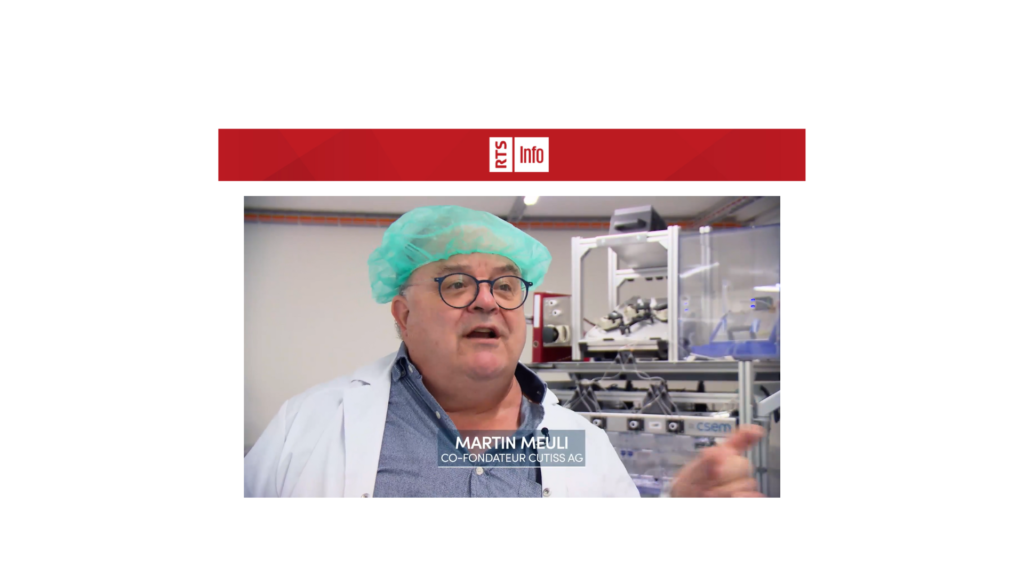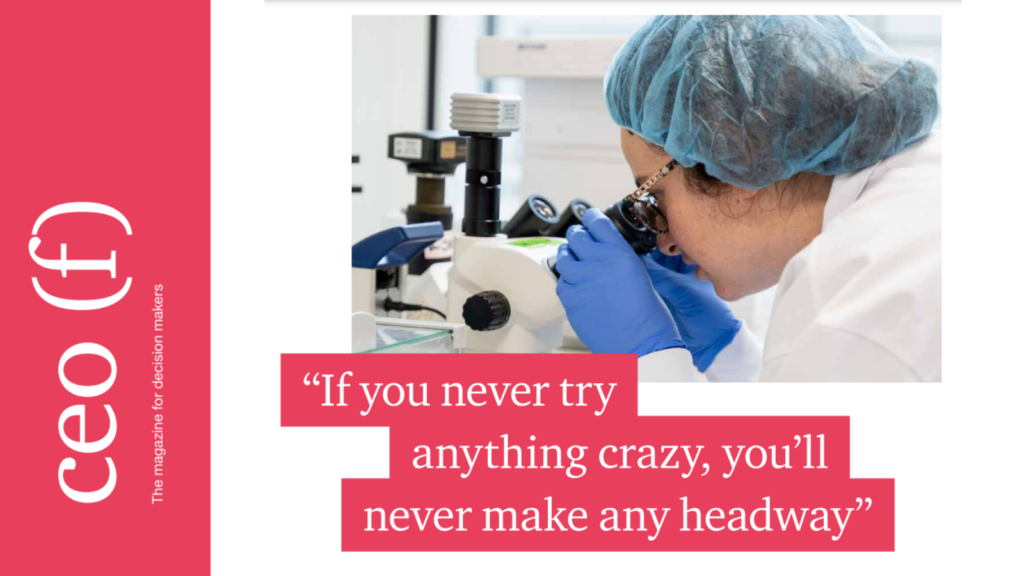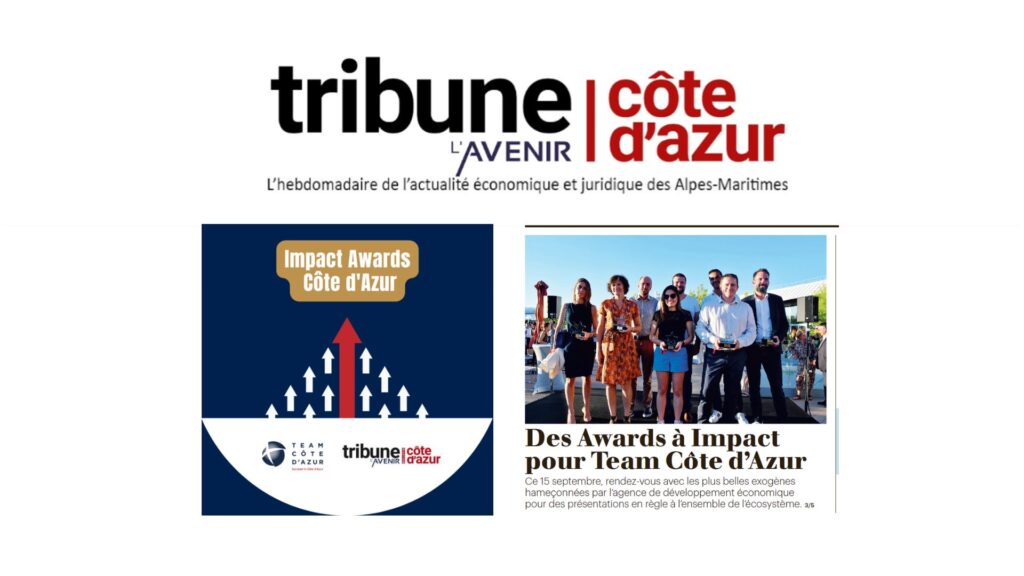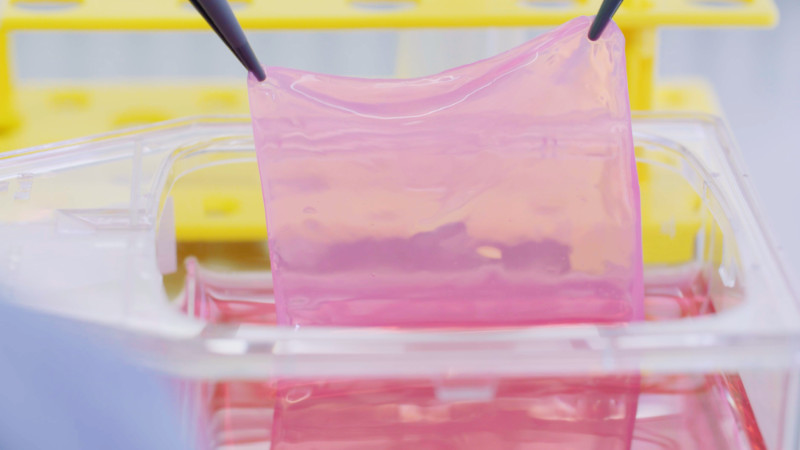Case report: Youngest patient ever treated with denovoSkin – a neonatal case
The paper published in Burns Open has presented the case of a four day-old neonate suffering from life threatening burns, involving 40% total body surface area burn. The patient received 260 cm2 of denovoSkin, covering 20% TBSA, as part of a clinical trial sub-study in Italy. The management of such cases represents an unprecedented challenge. […]
Case report: Youngest patient ever treated with denovoSkin – a neonatal case Read More »

